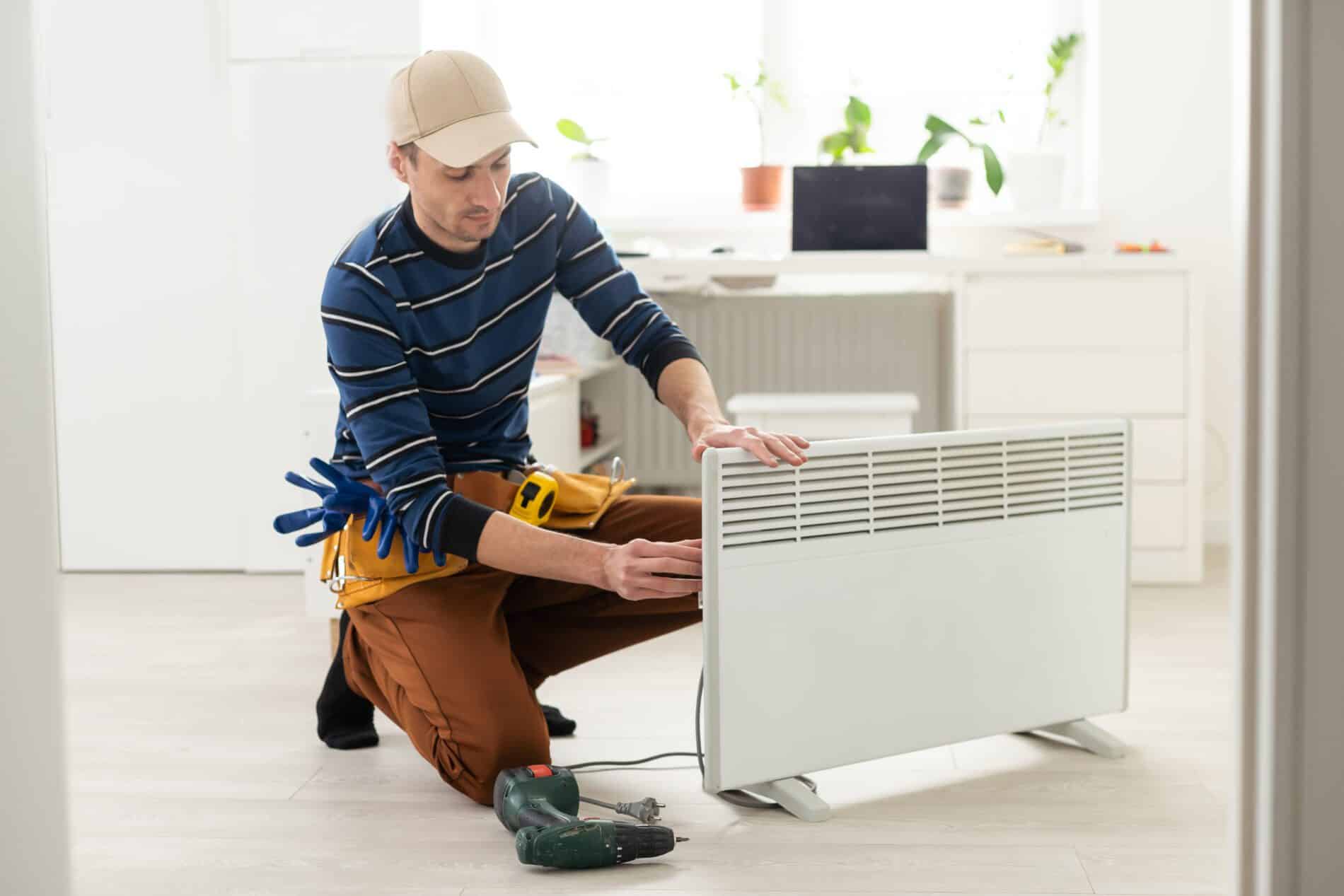What To Do For Regular Water Heater Challenges
What To Do For Regular Water Heater Challenges
Blog Article
Do you find yourself hunting for advice on Common Problems with Your Home Water Heater?

Envision beginning your day without your routine hot shower. That already establishes an inadequate tone for the remainder of your day.
Every house requires a reputable water heater, but just a few understand exactly how to handle one. One simple way to keep your hot water heater in leading form is to check for faults frequently as well as fix them as quickly as they appear.
Remember to switch off your hot water heater before smelling around for mistakes. These are the water heater faults you are more than likely to experience.
Water too hot or too chilly
Every hot water heater has a thermostat that figures out how warm the water obtains. If the water coming into your residence is too hot regardless of setting a practical optimum temperature level, your thermostat might be malfunctioning.
On the other hand, also cold water may be due to a stopped working thermostat, a damaged circuit, or incorrect gas flow. For example, if you use a gas water heater with a broken pilot burner, you would get cold water, even if the thermostat is in ideal condition. For electric heating systems, a blown fuse might be the perpetrator.
Not enough warm water
Hot water heater been available in lots of dimensions, depending on your warm water demands. If you run out of hot water before everybody has had a bath, your water heater is too tiny for your family size. You must consider mounting a larger water heater container or opting for a tankless hot water heater, which occupies less area as well as is extra resilient.
Odd sounds
There go to the very least five kinds of noises you can speak with a hot water heater, yet one of the most usual analysis is that it's time for the hot water heater to retire.
First off, you should be familiar with the normal appears a hot water heater makes. An electrical heating system may seem different from a gas-powered one.
Standing out or banging audios normally indicate there is a slab of debris in your containers, as well as it's time to clean it out. On the other hand, whistling or hissing audios might simply be your shutoffs allowing some pressure off.
Water leakages
Leaks might originate from pipelines, water connections, valves, or in the worst-case circumstance, the storage tank itself. In time, water will certainly rust the storage tank, and also locate its escape. If this happens, you require to change your hot water heater as soon as possible.
Nevertheless, before your adjustment your entire storage tank, make sure that all pipes remain in place and that each shutoff works completely. If you still need assistance identifying a leakage, call your plumber.
Rust-colored water
Rust-colored water implies one of your hot water heater parts is worn away. Maybe the anode pole, or the container itself. Your plumber will certainly have the ability to determine which it is.
Warm water
Regardless of exactly how high you set the thermostat, you won't obtain any kind of warm water out of a heating unit well past its prime. A water heater's efficiency might minimize with time.
You will also obtain lukewarm water if your pipes have a cross link. This implies that when you turn on a faucet, hot water from the heating system streams in along with normal, cold water. A cross link is easy to area. If your hot water faucets still run after closing the water heater shutoffs, you have a cross link.
Discoloured Water
Rust is a major cause of unclean or discoloured water. Rust within the water container or a falling short anode rod could trigger this discolouration. The anode rod protects the container from rusting on the inside and ought to be checked yearly. Without a pole or an appropriately operating anode rod, the warm water quickly corrodes inside the storage tank. Contact a professional water heater service technician to establish if replacing the anode rod will repair the issue; if not, replace your water heater.
Final thought
Preferably, your water heater can last 10 years before you require an adjustment. Nonetheless, after the 10-year mark, you might experience any of these mistakes much more on a regular basis. At this moment, you need to include a new water heater to your budget plan.
How To Troubleshoot 3 Common Water Heater Problems in Twin Cities
The Water Heater Is Leaking
A leaky cold water inlet valve A loose pipe fitting A leaky temperature and pressure relief valve A corroded anode rod A cracked tank Turn Off Your Water Heater:
Shut off your gas water heater by turning the gas valve on the unit to the “OFF” position. Shut off your electric water by switching its power off at your electrical panel. Look for a two-pole breaker labeled “water heater” and turn it to the “OFF” position. Move the ball valve connected to the water heater to be perpendicular to the piping at a 90° angle. Look for the Leak:
Depending on whether the water is coming from the tank's top or bottom, you’ll want to look for the leak in different locations.
If the leak comes from the top of the tank, carefully look for water escaping from the cold water inlet valve or loose pipe fittings. Rusted hot and cold water valves can have loose connections with the tank, with water leaking out of them.
https://mspplumbingheatingair.com/blog/how-to-troubleshoot-3-common-water-heater-problems
I am just very focused on Common Problems with Your Home Water Heater and I'm hoping you enjoyed the blog entry. If you please take the opportunity to share this blog if you appreciated it. I am grateful for your time. Visit again soon.
Best choice? Dial! Report this page